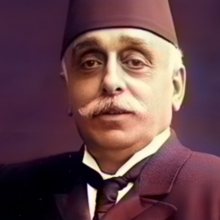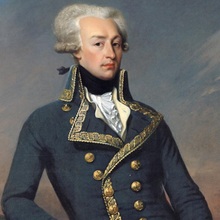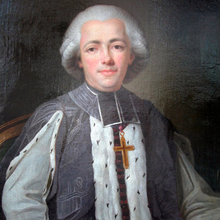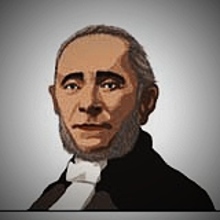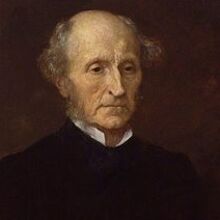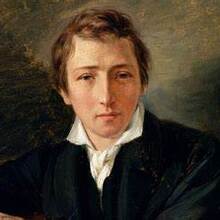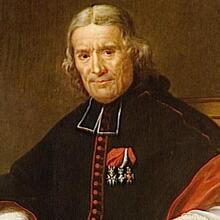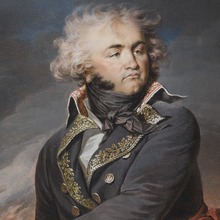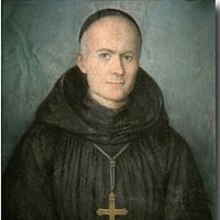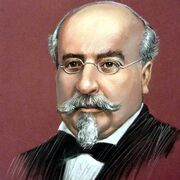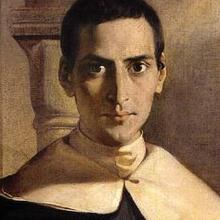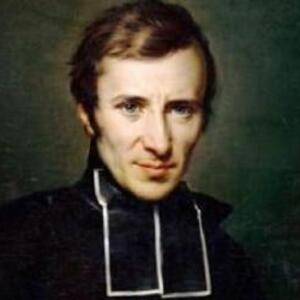
Personal
Other names:
Job / Known for:
Catholic priest, philosopher
Left traces:
Essai sur l'indifférence en matière de religion
Born
Date:
1782-06-19
Location:
FR
Saint-Malo, Brittany, France
Died
Date:
1854-02-27 (aged 72)
Resting place:
FR
Death Cause:
Pneumonia
Family
Spouse:
Children:
Parent(s):
Pierre Robert de Lamennais and Marie Lorin de la Mennais
QR Code:
 My QR code:
Hugues Felicite Robert de Lamennais
https://DearGone.com/10593
My QR code:
Hugues Felicite Robert de Lamennais
https://DearGone.com/10593
Key Ownner:
Not yet supported by key owner
Show More
Rank
Users ranking to :
Thanks, you rate star
Ranking
5.0
1
Fullname
Hugues Felicite Robert de Lamennais
Fullname NoEnglish
Félicité de La Mennais
Slogan
The truth is not what is; it is what ought to be.
About me / Bio:
Show More
Article for Hugues Felicite Robert de Lamennais
Died profile like Hugues Felicite Robert de Lamennais
Comments:
